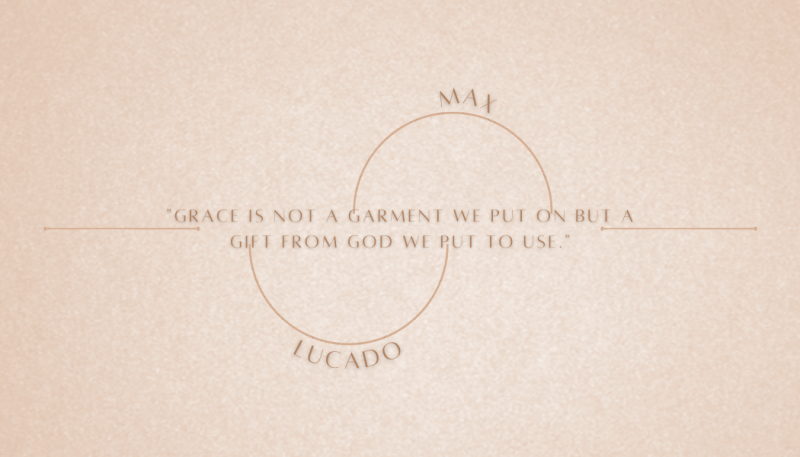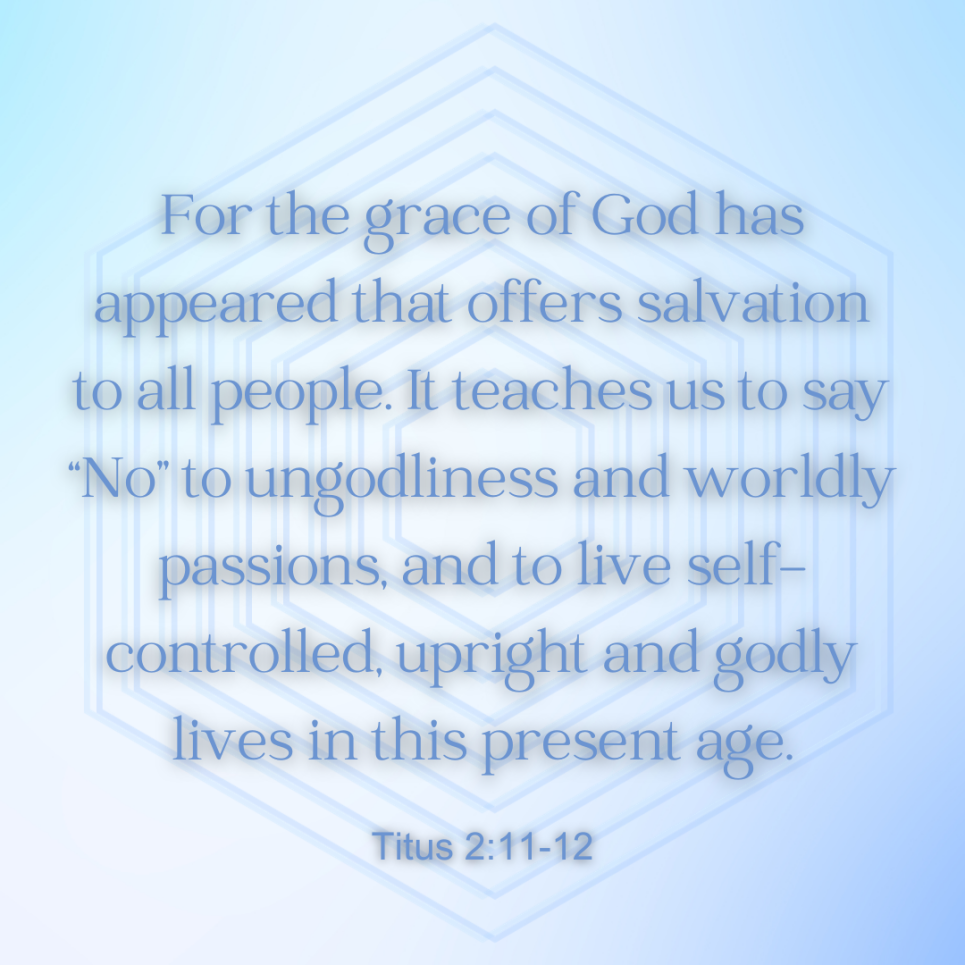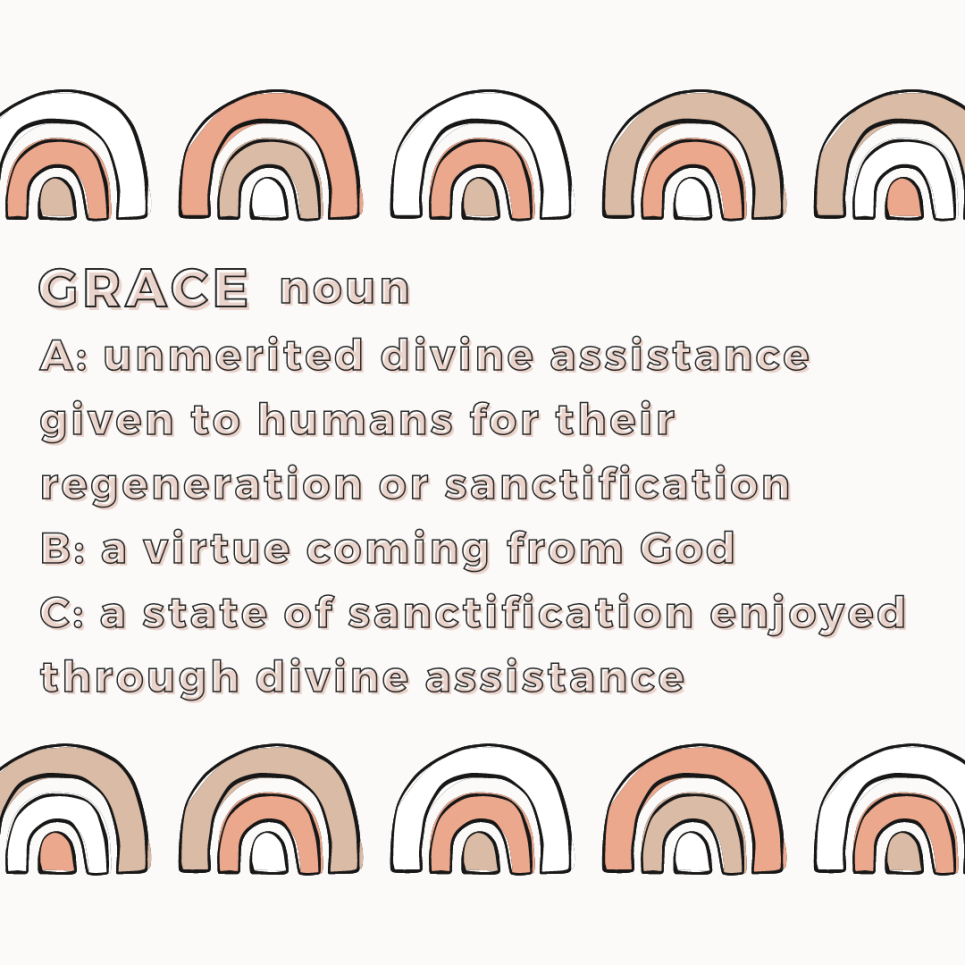Understanding Grace: A Fundamental Concept in Christianity Part 3: 20 Misconceptions About Grace
Over the past few weeks, we’ve established that grace is a fundamental tenet that underpins the core of Christianity by emphasizing God's unmerited favor and boundless love extended to humanity. However, like many spiritual principles, misconceptions can arise, leading to misunderstandings that impact our relationship with God and with one another. Today, we will unravel some common misconceptions surrounding grace. When we understand the nuances of grace together, we seek clarity on what grace truly means, how it can remold our lives, and how we can extend this beautiful gift to others in a more meaningful and authentic way.
Misconceptions and Misunderstandings
Misconception 1: Grace is Earned
Reality: Many think that they can earn God's grace through good deeds or by being morally upright. One of the fundamental aspects of grace is that it's typically seen as unearned or undeserved favor or mercy. Some people mistakenly believe that they can earn grace through good deeds or behavior, but this contradicts the concept itself. Grace is considered a gift from God that cannot be earned; it is offered freely out of God's love and mercy.

Misconception 2: Grace and Works Are Incompatible
Reality: Some believe that grace and good works are mutually exclusive. But they are not opposed but rather complement each other. Good works are a response to God's grace, not a means to earn it.

Misconception 3: Grace is Only a Religious Concept
Reality: While grace has religious origins, it's not exclusive to religion. Grace can also be understood in a secular context as an act of kindness, forgiveness, or goodwill shown to others.

Misconception 4: Grace Eludes Accountability
Reality: Grace does not equate to ignoring consequences. It's not a free pass to avoid responsibility for one's choices or behaviors. Grace involves forgiveness or kindness while acknowledging the consequences of actions. It coexists with accountability and a commitment to make amends.

Misconception 5: Grace is a Sign of Weakness
Reality: Some misconstrue grace as a sign of weakness or submission. However, extending grace often requires great strength, empathy, and emotional maturity. It's not a sign of weakness but a choice to respond to challenging situations with compassion and understanding.

Misconception 6: Grace Only Happens Once
Reality: Some view grace as a single event, such as a conversion experience. In reality, God's grace is a continuous, ongoing process that sustains one throughout their lifetime. Extending grace to others is a way of life, involving consistent kindness, forgiveness, and understanding in one's interactions with others.

Misconception 7: Grace is Uniform
Reality: The interpretation and practice of grace can vary across cultures, belief systems, and individual experiences. Encourage an open-minded and respectful understanding of different perspectives on grace.

Misconception 8: Grace Means Forgive and Forget
Reality: Forgiving or showing grace does not necessarily mean forgetting past transgressions or injustices. It's possible to forgive while still taking precautions and learning from past experiences.

Misconception 9: Grace is Exclusive
Reality: There's a misconception that grace is reserved for exceptionally righteous individuals. In reality, God's Grace is abundant and available to all who seek it, regardless of past actions or current status.

Misconception 10: Grace is Easy
Reality: Experiencing or giving grace can be emotionally challenging. It may involve forgiving someone who has hurt you deeply or showing kindness to someone who doesn't seem to deserve it. It sometimes requires practice and self-awareness to maintain composure in various situations. Grace is not always easy but can be profoundly transformative.

Misconception 11: Grace is Passive
Reality: Grace is often thought of as a passive concept, where individuals simply receive it without any active role on their part. However, it also empowers believers to live a life of righteousness and fulfill their purpose in serving God and others.

Misconception 12: Grace is about Perfection
Reality: Grace doesn't require perfection. It acknowledges mistakes and imperfections but responds to them with dignity and understanding.

Misconception 13: Grace is Limited to Forgiveness and Salvation
Reality: While forgiveness and salvation from sin are significant aspects of Grace, it's not its sole component. Grace also encompasses God's love, mercy, and guidance in a believer's life.

Misconception 14: Grace is Inherent
Reality: While some individuals are more apt to express grace, it may not be seemingly second nature to others. The good news is that offering grace can be strengthened through conscious efforts and self-improvement.

Misconception 15: Grace Makes Life Problem-Free
Reality: Some believe that receiving God's grace means a life without trials or hardships. However, everyone faces challenges, and grace is seen as God's support and guidance during difficult times, not an exemption from them.

Misconception 16: Grace Comes and Goes
Reality: Some think that God's grace can be lost if they make mistakes or fail to maintain a certain level of righteousness. But the truth is that God's grace is enduring and available for those who turn to Him in faith.

Misconception 17: Grace is always Obvious
Reality: Graceful acts aren't always grand gestures; they can be subtle and go unnoticed. Grace often lies in small, thoughtful actions and words.

Misconception 18: Grace is Pretentious
Reality: Grace isn't about appearances. It's also about one's character, how they treat others and their inner disposition. Extending grace for looks and appearance is in opposition to the definition.

Misconception 19: Grace Removes Free Will
Reality: It's a misconception that experiencing God's Grace means losing free will or personal agency. Grace empowers individuals to make better choices but doesn't override their ability to choose.

Misconception 20: Grace is Generated from Within Us
Reality: Grace originates from God. It's not primarily about giving grace, but rather about how we react to and mirror the grace we've received. Therefore, when one offers grace to oneself or others, it serves as a reminder, both to oneself and to them, that we all dwell within the same boundless grace provided by Jesus’ sacrifice.

Wrapping Up
As we conclude our exploration of the misconceptions surrounding grace, may we find solace in the knowledge that God's grace is a gift beyond measure—unearned, undeserved, and unending. Through these revelations, may our hearts be more open, our compassion more profound, and our faith in God's boundless love more unshakeable. As we strive to dispel these misconceptions, let us carry this renewed understanding with us, allowing grace to illuminate our path, guide our actions, and empower us to extend the same love and mercy to others that we have received from our gracious Creator.
- Torrance Church of Christ























